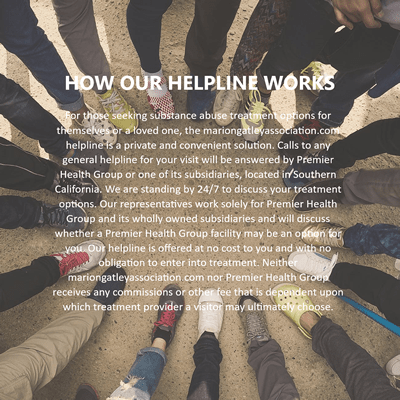During recovery from addiction, it’s important to find ways to cope with and handle stress. One way to do this is to focus on gratitude and thankfulness. But when you end up in an addiction recovery facility, it can feel like you’re at the end of your rope. Your addiction has spiralled out of control to the point that you need professional care. How can you be thankful in a dark place like this?
There are different forms and ways that you can practice gratitude in your daily life. Some people choose gratitude lists, and write down what they’re thankful for every day. These can be big or small things; food to eat, a roof over your head, loving friends, a good day at work, bright weather, or a funny joke that made you laugh can all make the list. Lists tend to be most effective when written either at the start of the day (when your gratitude can refocus you for a more positive day ahead) or at the end of the day (when you can go to sleep in a positive mindframe, instead of staying up and worrying). Many addiction treatment centers endorse gratitude lists and journals as a healthy way of changing your perspective.
Another way to express gratitude is to send letters to someone you appreciate and are thankful for. Perhaps a family member has been a rock during your recovery, or a coworker helped you out with a project. Taking the time to thank and encourage someone who helped you will bring peace to both you and the recipient. You can also show gratitude to those you love by performing acts of service for them—which can be as simple as taking out the trash, baking them cookies, buying them flowers, or washing the dishes. When your life is oriented toward gratefulness, you can pour that positivity out toward others.
There are many benefits of cultivating gratitude. People who write down what they’re thankful for before bed sleep longer and better than those who don’t. Grateful people also have better immune systems and therefore better physical health. Gratitude can greatly influence mental health as well; maintaining a positive, optimistic outlook can ward against anxiety or more general worries and stressors. People who are grateful are also better able to overcome trauma. Studies involving Vietnam War vets and 9/11 survivors found those with more gratitude had increased resilience.
For those in drug rehab or recovery, each of these benefits would be extremely powerful. Recovering addicts frequently suffer from insomnia and sleep problems, which can give rise to other health problems. They also have higher rates of mental health and trauma. Gratitude, then, is a state of mind that impacts nearly aspect of your life and will assist you on the road to recovery.
If you or someone you love is facing the challenge of addiction, please take a step in the right direction and call our understanding representatives. Our luxury drug rehab program provides a safe, secure, and comfortable environment in which to undergo detox and learn skills to cope with stress and cravings. Start your journey toward sobriety today, and begin the process of changing your life.



